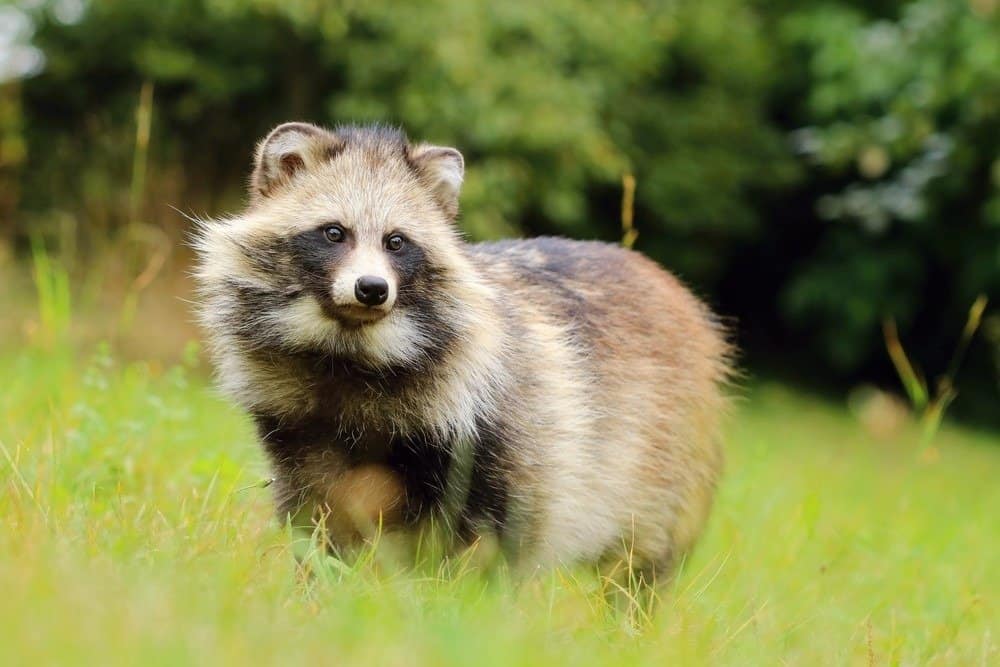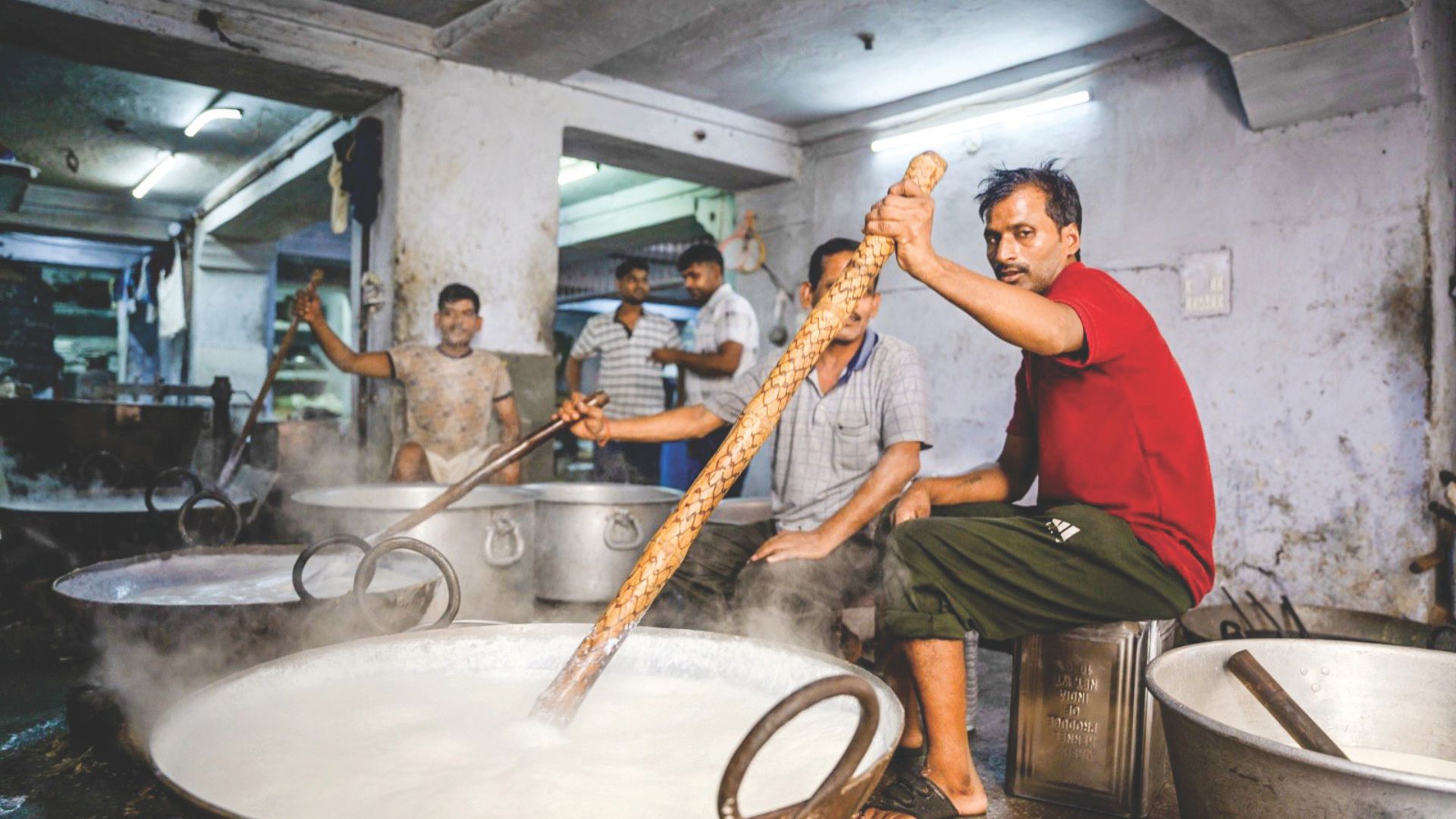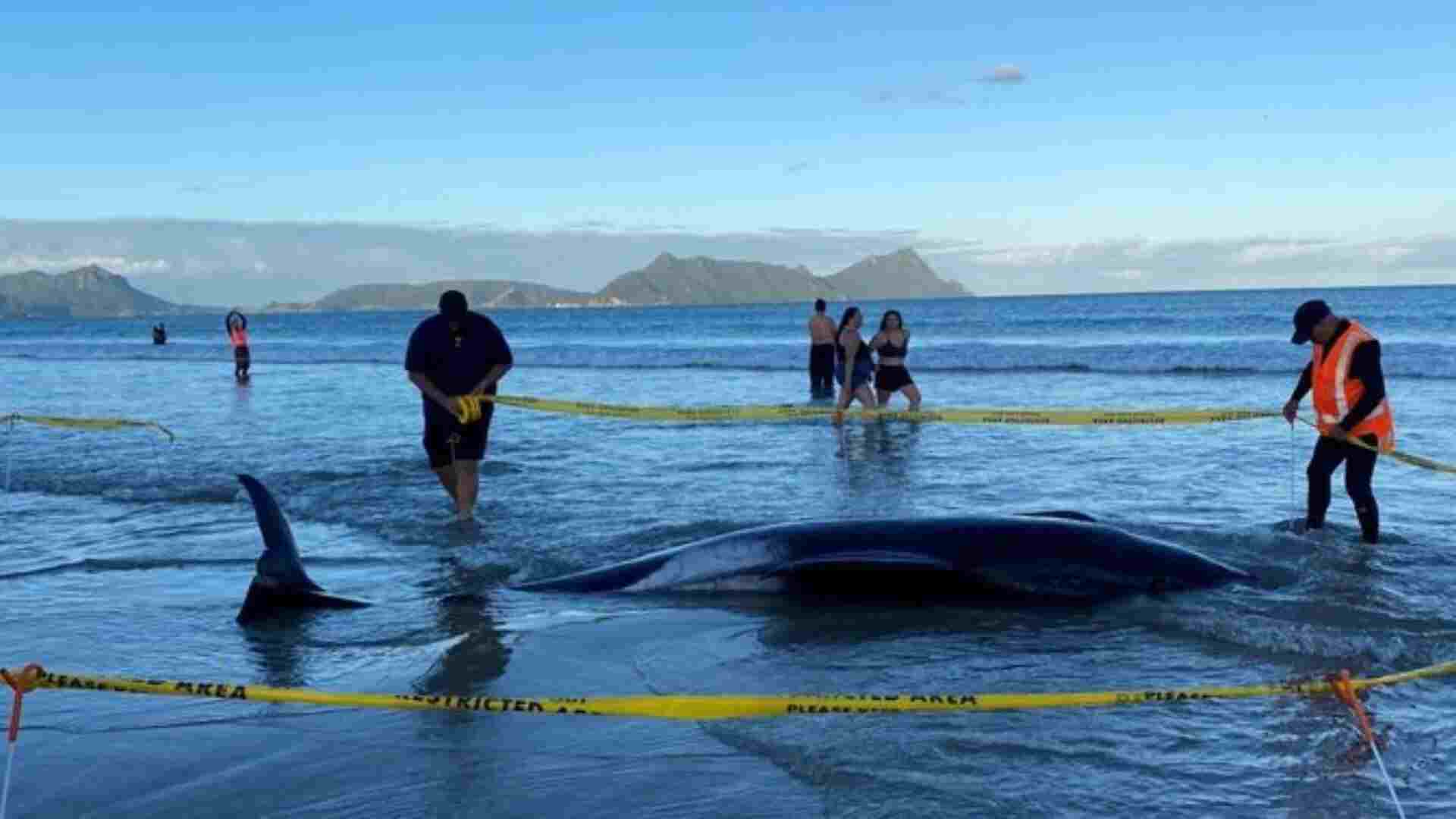
A new analysis of genetic samples collected from a seafood market in central China’s Wuhan city shows the presence of the SARS-CoV-2 virus in raccoon dogs sold at the venue, strengthening the case for the natural origin of the Covid-19 pandemic, according to a team of international experts.
The New York Times said in a report on Thursday that genetic data was drawn from swabs taken from in and around the Huanan Seafood Wholesale Market starting in January 2020, “shortly after the Chinese authorities had shut down the market because of suspicions that it was linked to the outbreak of a new virus.”
The new evidence comes weeks after an intelligence assessment from the US Department of Energy pointed out that an “accidental laboratory leak” from a virology laboratory in Wuhan was most likely the cause of the pandemic.
“In samples that came back positive for the coronavirus, the international research team found genetic material belonging to animals, including large amounts that were a match for the raccoon dog,” it said, quoting three scientists involved in the analysis.
The report noted that after the international team came across the new data, it reached out to Chinese researchers who had uploaded the files with an offer to collaborate.
“But the analysis did establish that raccoon dogs — fluffy animals that are related to foxes and are known to be able to transmit the coronavirus — deposited genetic signatures in the same place where genetic material from the virus was left,” according to the scientists.
They noted that the evidence was “consistent” with a scenario in which the virus had spilled into humans from a wild animal.
The international team included an evolutionary biologist at the University of Arizona Michael Worobey; a virologist at the Scripps Research Institute in California Kristian Andersen and a biologist at the University of Sydney Dr Edward Holmes. They started mining the new genetic data last week.
“One sample, in particular, caught their attention. It had been taken from a cart linked to a specific stall at the Huanan market that Holmes had visited in 2014,” the report said. That stall contained “caged raccoon dogs” on top of a separate cage holding birds, “exactly the sort of environment conducive to the transmission of new viruses.”














